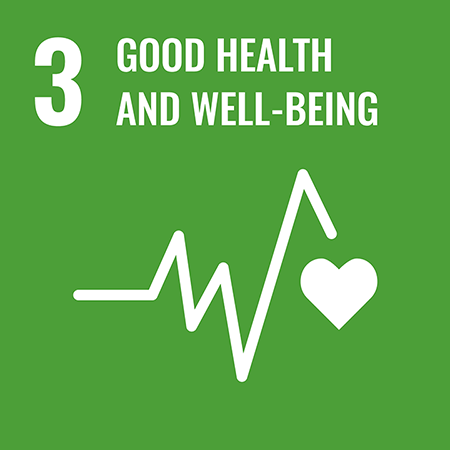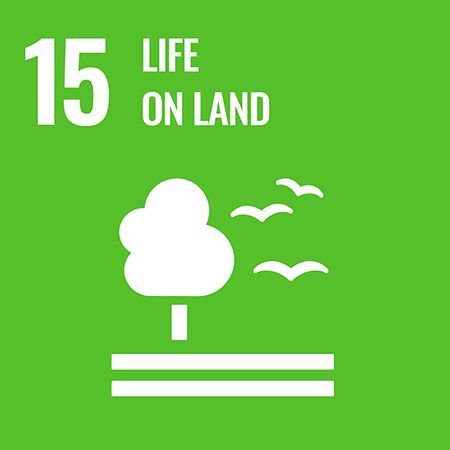Supporting STakeholders for Adaptive, Resilient and Sustainable Water Management
Abstract
The main objective of STARS4Water is to deliver improved stakeholder-driven data services and tools for an integrated risk assessment of climate change with respect to water resources availability including hydrological extreme events (floods and droughts) and social-hydrological developments in the context of river basin planning towards increasing climate resilience of ecosystems, society and water consuming economic sectors. STARS4WATER is advancing existing tools and technologies into the next generation stakeholder-driven tools benefiting from new data technologies, accuracy and resolution. These tools are made available for efficient assessment of climate risks and development of strategies concerning adaptation and resilience of water resources management. The project is being supported by a broad stakeholder community and exploits the capability and potential of current and future European monitoring and observation network and databases for water resources availability assessments and advances state-of-the-art integrated river basin modelling demonstrating usage of new data and technologies. The specific objectives of STARS4Water are (i) to support effective engagement of river basin authorities and other relevant stakeholders from 7 river basin hubs, (ii) to enhance the evidence base and scientific underpinning of climate risks and impacts that will affect the ecosystems, society and related relevant economic sectors for various scenarios and time horizons, (iii) to improve the capability of stakeholders by developing an information system (dashboard) for informed decision making to promote participative understanding of the water system, climate risks concerning water resources availability and the impacts for ecosystems, society and water consuming sectors, and visualize risk assessments outcome in a way that it is meaningful for stakeholders, (iv) to review and assess the current baseline of data processing, modelling and computational capabilities to facilitate enhanced integration of hydrological datasets for water quantity and water quality forecasting and identify research and infrastructural gaps, (v) to enhance data science by applying innovative data techniques to develop data services and data-driven models, benefiting from the full potential of data sources from existing monitoring and observations frameworks, (vi) to develop a state-of-the-art data-driven model framework to support integrated, adaptive river basin monitoring and water resources planning, including new data services, data-driven models or updated existing river basin model software and modules, (vii) to upscale the use of data from community driven global to local monitoring and observation frameworks to wider river basin networks by organizing capacity building activities and to create a supportive meta-data platform to sustain STARS4Water services beyond the lifetime of the project.
keywords water resources water uses climate change droughts floods computer-based modelling
Publikationen
Project staff
Helmut Habersack
Univ.Prof. Dipl.-Ing. Dr.nat.techn. Dr.h.c. Helmut Habersack
helmut.habersack@boku.ac.at
Tel: +43 1 47654-81901, 81911
BOKU Project Leader
01.10.2022 - 30.09.2026
Martin Glas
Dipl.-Ing. Dr.nat.techn. Martin Glas
martin.glas@boku.ac.at
Tel: +43 1 47654-81923
Project Staff
01.10.2023 - 30.09.2026
Mario Klösch
Dipl.-Ing. Dr. Mario Klösch
mario.kloesch@boku.ac.at
Tel: +43 1 47654-81913
Project Staff
01.10.2022 - 30.09.2026
Max Preiml
Dipl.-Ing. Max Preiml
max.preiml@boku.ac.at
Tel: +43 1 47654-81931
Project Staff
01.10.2022 - 30.09.2026
BOKU partners
External partners

Deltares
none
coordinator



